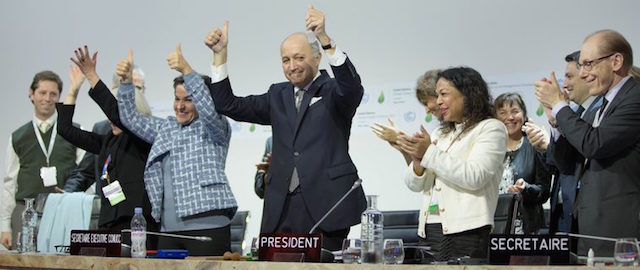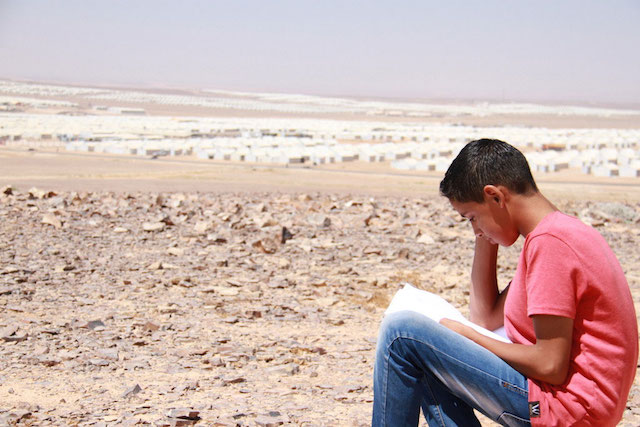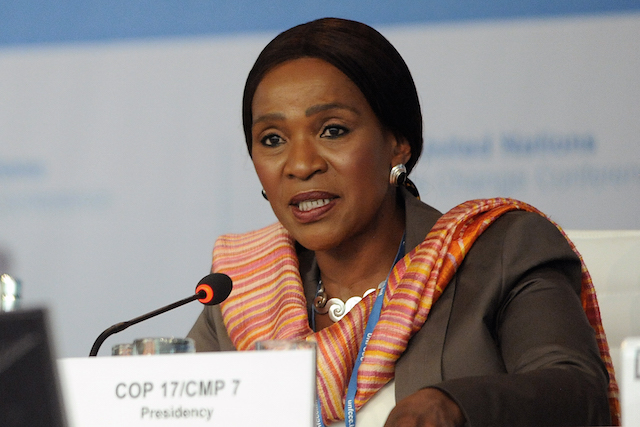By Roberto Savio* | IDN-InDepthNews Viewpoint
ROME (IDN) – In the space of just a few days, two fundamental lessons have come from Paris for the world about democracy and climate. The media have been dealing with them as separate issues, but they are, in fact, linked by the same problem that can no longer be ignored: democracy is on the wane. | READ IN JAPANESE |
While all media have reported the defeat of the Front National in the French administrative elections, and while few have made the old observation that to win a battle is not to win a war, there is no doubt that the FN is becoming a mainstream party.
In these elections, the traditional political system – the centre-right under former French president Nicolas Sarkozy and the socialists under current president François Hollande – again joined forces to keep the FN under Marine Le Pen out.









